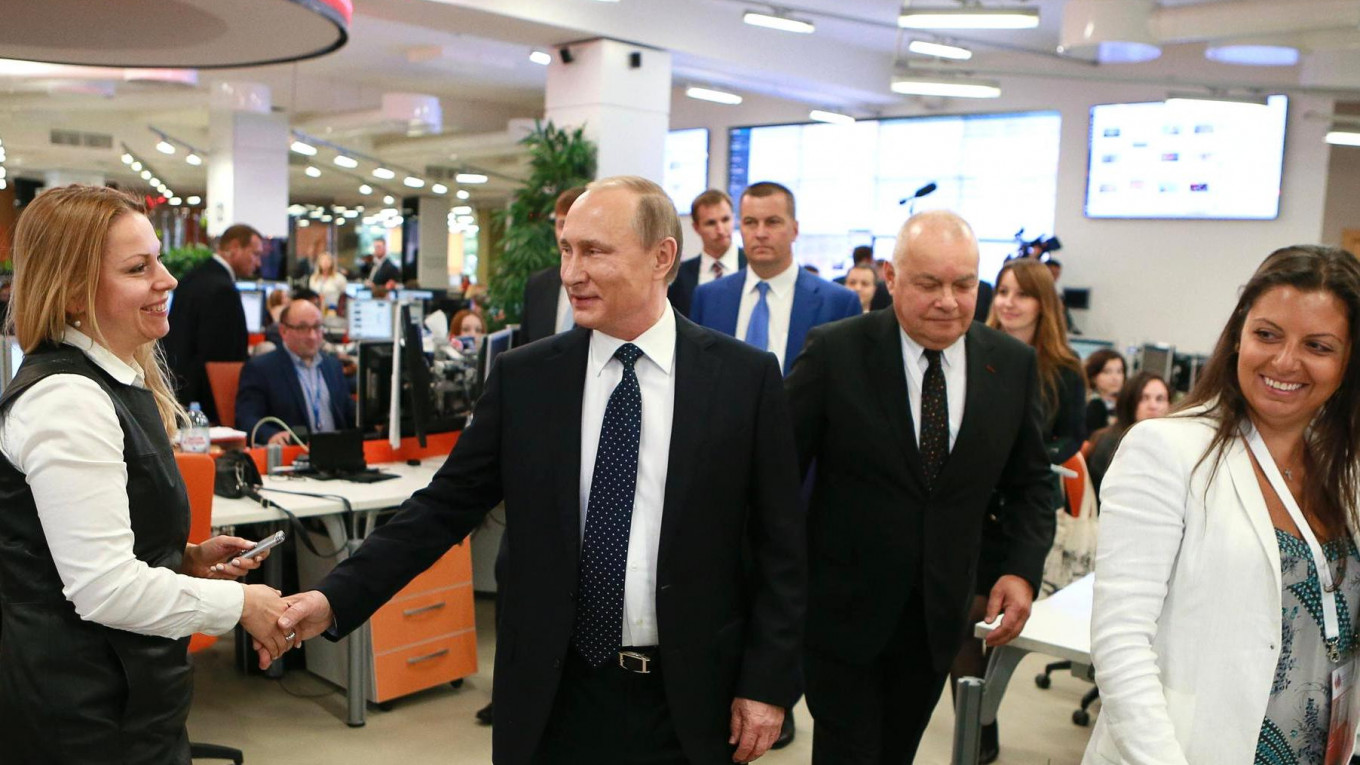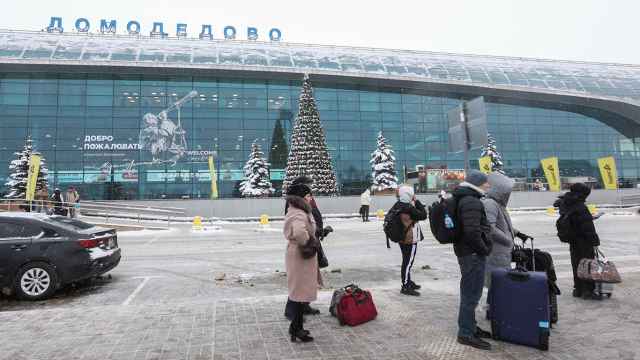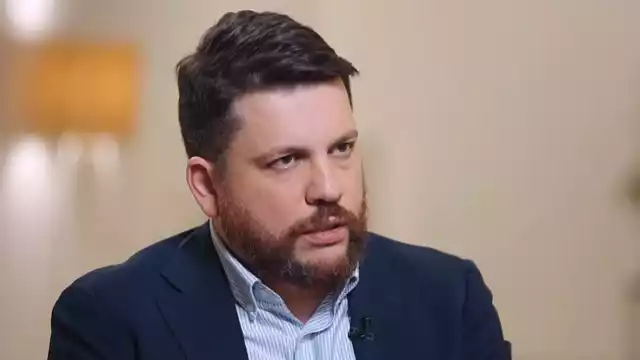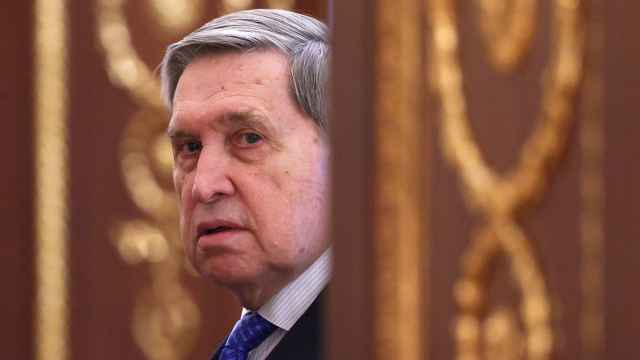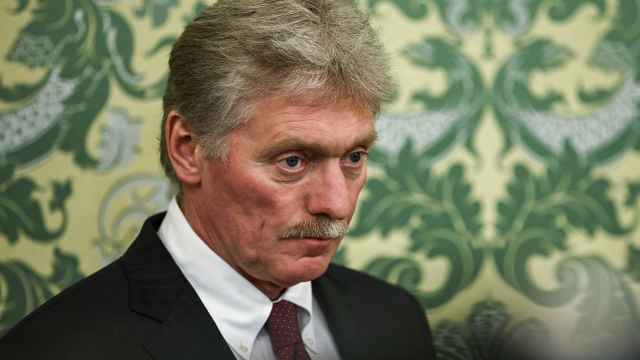On Wednesday, the European Parliament adopted a non-legislative resolution submitted by Poland calling for a response to propaganda hostile to the European Union, including Russia’s so-called “hybrid war” against the West, which European officials say aims to “distort the truth, sow doubt and discord between EU member states, weaken the EU’s strategic unity with its transatlantic partners, paralyze the EU’s decision-making process, and discredit EU institutions and the transatlantic partnership.”
Members of the European Parliament agreed that Russia uses its contacts with EU policymakers less for real dialogue than as an opportunity to weaken EU countries’ common position.
European officials named several Russian institutions they say are key to Moscow’s propaganda efforts, including the think tank “Russkii Mir,” the media outlets Russia Today and Sputnik, and transnational social and religious groups, as well as different online social networks and “Internet trolls.”
The European Parliament accuses Moscow of investing significant resources in its propaganda campaign abroad, in part “to present certain European countries in the EU as a part of Russia’s traditional sphere of influence” — a nod to the Baltic states and several former Soviet Bloc nations.
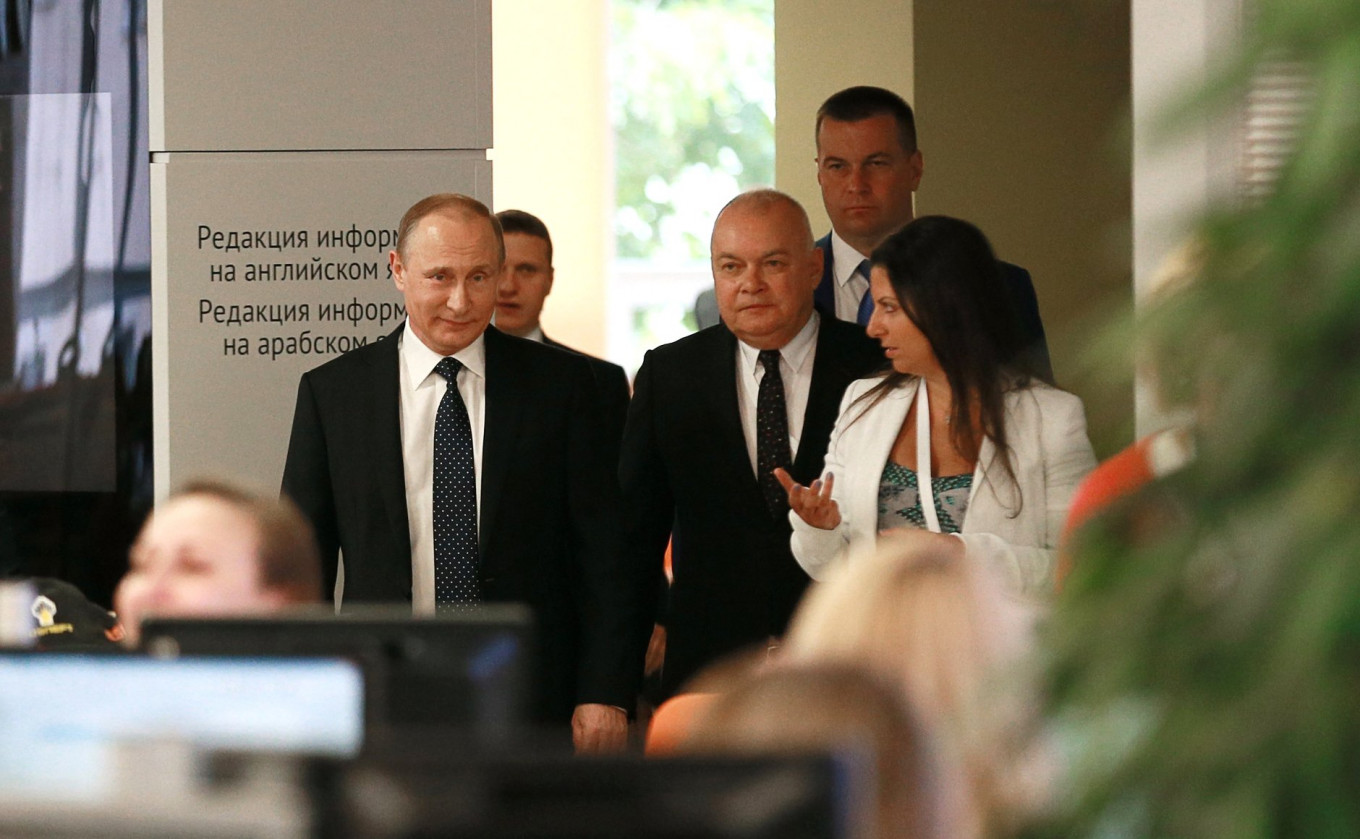
In a move that’s particularly upsetting to many in Moscow, Europe’s resolution also places Russian media organizations alongside terrorist groups operating today in the Middle East.
Vladimir Putin told the TASS news agency that the European resolution “degrades the image of democracy in Western society.” The president also congratulated Russian state journalists, praising their “active, effective, and talented work.”
“Very recently — and these attempts continue to this day — they tried to teach us about democracy, and we always heard from these ‘teachers’ that the most flawed way to interact with opponents was to ban something. This, they said, is inconsistent with the principles and norms of democracy,” Putin said, adding that he hopes the European Parliament’s non-legislative resolution won’t result in any formal restrictions on Russian media.
Spokespeople for Russia’s Foreign Ministry, meanwhile, called the resolution an “information crime,” according to the news agency RIA Novosti.
A Message from The Moscow Times:
Dear readers,
We are facing unprecedented challenges. Russia's Prosecutor General's Office has designated The Moscow Times as an "undesirable" organization, criminalizing our work and putting our staff at risk of prosecution. This follows our earlier unjust labeling as a "foreign agent."
These actions are direct attempts to silence independent journalism in Russia. The authorities claim our work "discredits the decisions of the Russian leadership." We see things differently: we strive to provide accurate, unbiased reporting on Russia.
We, the journalists of The Moscow Times, refuse to be silenced. But to continue our work, we need your help.
Your support, no matter how small, makes a world of difference. If you can, please support us monthly starting from just $2. It's quick to set up, and every contribution makes a significant impact.
By supporting The Moscow Times, you're defending open, independent journalism in the face of repression. Thank you for standing with us.
Remind me later.


